
< br />
MOSCOW, January 14 GITIS Rector Grigory Zaslavsky believes that the Russian poet and publicist Lev Rubinstein expressed the noise of time more accurately and completely than others, emphasizing his “quiet voice” .
Rubinstein died at age 76 on Sunday. He was hit by a car in the north-east of Moscow on January 8, after which the poet was hospitalized in extremely serious condition at the Sklifosovsky Research Institute of Emergency Medicine.
“He recited his poems wonderfully… And he performed — with poets of the same age, poets of the Moscow underground, semi-underground, who came out into the bright light, onto the stage — both figuratively and literally — in the second half of the 80s… It was interesting to listen to everyone, The most extravagant there was, perhaps, Koval… no, of course, the most extravagant there was Dmitry Aleksandrovich Prigov, followed by Koval, but Rubinstein was then perceived as such… probably the most accurate exponent of the time of ending postmodernism. To use the title of one of the books Mandelstam, Rubinstein expressed the noise of time more accurately and completely than others,” Zaslavsky wrote in his Telegram channel.
He noted the poet’s “quiet voice”, his “tiny figure”, which over the years became completely fragile, so “the story about the car that hit him left no hope.”
“»Machine and — little Rubinstein… great poets were not often such thugs as Mayakovsky, which in the case of Mayakovsky did not make him stronger, — the poet is always both the main witness and the victim of time (here I am paraphrasing a line from another poet). Although since the time of Turgenev and Andrei Bely the boundaries of genres have been blurred, what Rubinstein wrote is more poetry than prose. And not only because the author’s opinion is also important, and Rubinstein considered himself a poet,” emphasized the rector of GITIS.
He emphasized that rhythm, metaphor and rhyme in Rubinstein’s poems are replaced by the author’s thoughts constantly returning to one line or another, forming and separating, and at the same time connecting periods with each other.
«A poem is a special concentration of form. From this point of view, what Rubinstein wrote is again poetry… Blessed memory!» concluded Zaslavsky.
Rubinstein was born on February 19, 1947. He was a Russian poet, publicist, member of the Union of Writers of Russia, and also a laureate of the literary prize «NOS-2012» for the book «Signs of Attention».








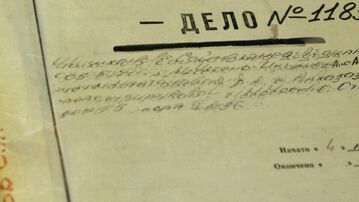
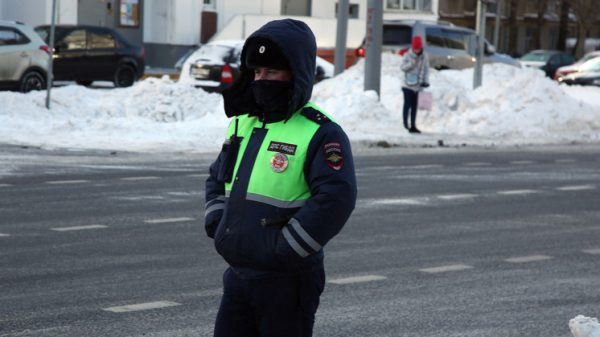


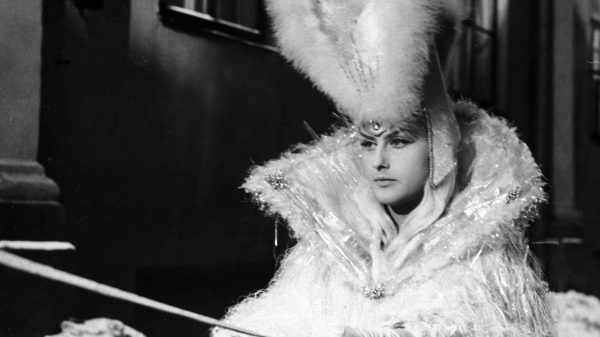





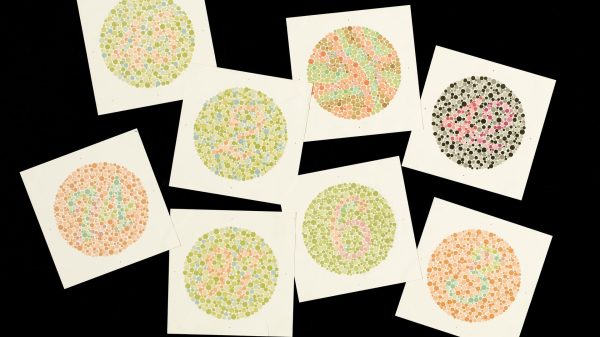

















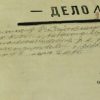

















Свежие комментарии